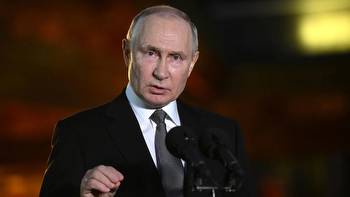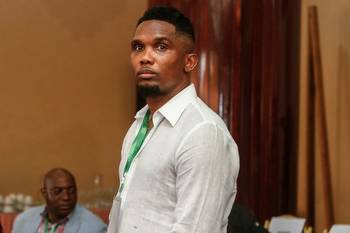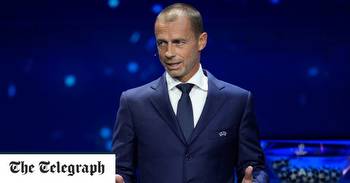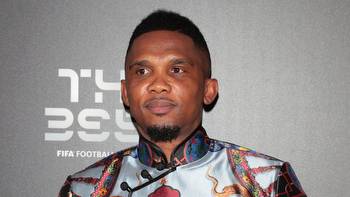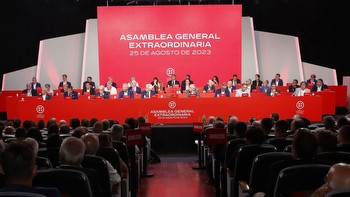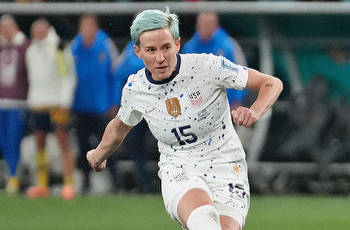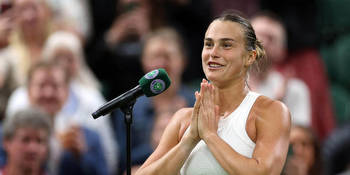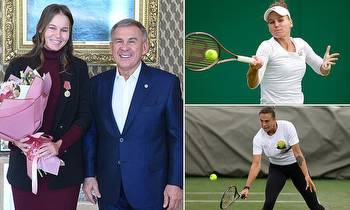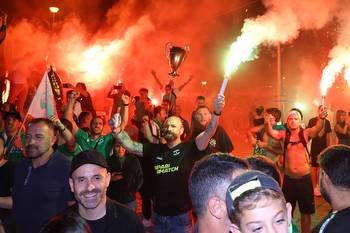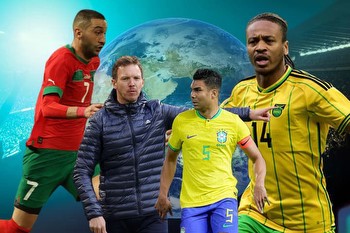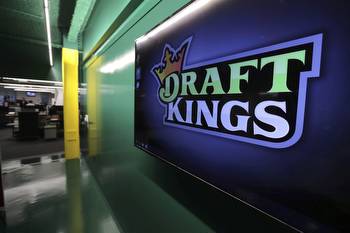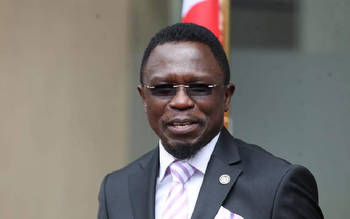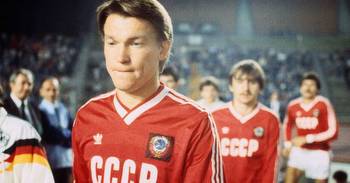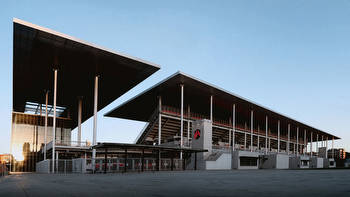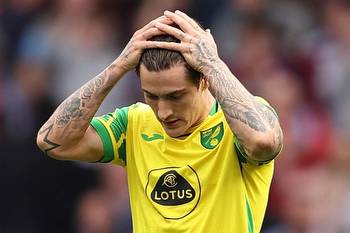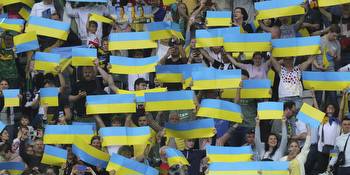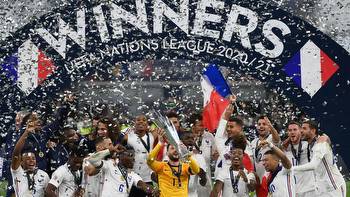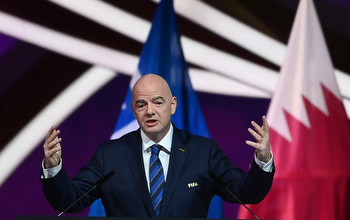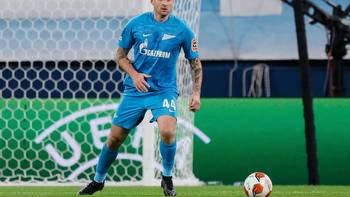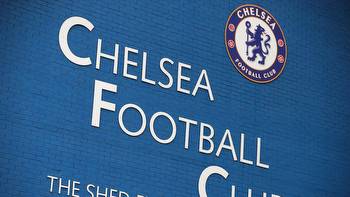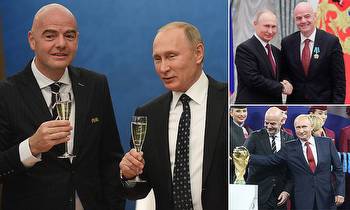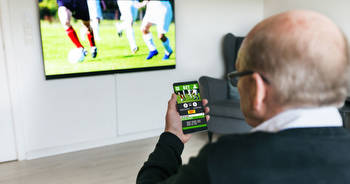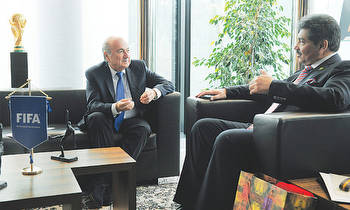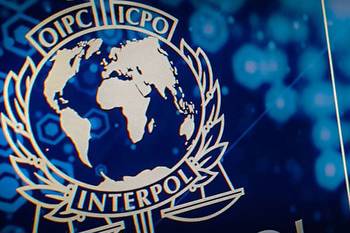Swedish football chief forced to resign after voting for partially lifting UEFA ban on Russian teams

The fallout from UEFA’s controversial decision to let Russian under-17 teams compete in Europe again has claimed its first victim, with the organisation’s “first vice-president” forced to resign as boss of the Swedish Sports Confederation.
Karl-Erik Nilsson has run the confederation, which distributes £150million ($180million) of public money annually to the various governing bodies in Sweden, since May.
But he is better known as the former Champions League referee who became president of Sweden’s football federation, a post he left earlier this year after a decade in charge. The 66-year-old, however, is still the most senior of five vice-presidents on UEFA’s executive committee.
But Nilsson’s position at the Swedish confederation became untenable when it emerged he had voted in favour of partially lifting the ban on Russian football teams that has been in place since the country invaded Ukraine in February 2022.
That decision, which has provoked a furious response from Ukraine and heavy criticism elsewhere, was made at a UEFA ExCo meeting in Cyprus last week, taking many European football officials completely by surprise.
Isolated and in crisis - the war in Ukraine has damaged football at home too
But it also put Nilsson at odds with the official policy of both the Swedish Sports Confederation and the Swedish football federation. They still oppose any relaxing of Russia’s exclusion from international competition.
“The recent media attention and focus on my person does not benefit Swedish sports,” he said in a statement released on Friday. “The attention has triggered a lot of hatred and personal attacks.”
Nilsson, however, is not the only UEFA ExCo member who has come under intense scrutiny in Scandinavia, as Danish football federation chairman Jesper Moller Christensen is also fighting for his job following his support for the Russia decision.
But both Nilsson and Moller have tried to defend their actions in Cyprus by claiming what happened there was not the final decision. Instead, they have suggested it was just a recommendation for next Tuesday’s ExCo meeting at UEFA headquarters in Nyon, Switzerland.
And, by happy coincidence, an agenda for the meeting has been leaked that has as its first item of real business, “UEFA European Under-17 and Women’s Under-17 Championships — inclusion of Russian teams”.
But the claim that no decision was made last week does not tally with UEFA’s own account of events.
In a statement released after the meeting in Cyprus, UEFA noted that it was the first sports body to sanction Russia following the invasion but that it was “aware that children should not be punished for actions whose responsibility lies exclusively with adults”. It continued by pointing out that the war in Ukraine could continue for a long time.
“For these reasons, the UEFA Executive Committee has decided that Russian teams of minor players will be readmitted to its competitions in the course of this season,” it said.
And, in a clear reference to the qualifying tournaments for the under-17 men’s and women’s championships in 2024, the statement added that UEFA would now look at ways to reinstate Russia to competitions “even when draws have already been made”. The men’s qualifying tournament started last week and the women’s qualifiers began this week.
But the opposition to Russia’s return to the fold, even if it is only for youth teams, with no anthem, flag or national kit, shows no sign of abating, as Nilsson’s forced exit suggests.
Three of the four other UEFA vice-presidents — England’s David Gill, Zgibniew Boniek of Poland and Laura McAllister from Wales — abstained in the vote in Cyprus and the member associations they represent have all said they would not play Russian opposition, as have the Scandinavian nations. Sweden, in fact, is hosting the 2024 Women’s U-17 European Championship and has said it would not allow a Russian team to take part.
UEFA, though, is not the only football governing body trying to find a compromise between punishing Russia for its aggression and giving younger Russian athletes a chance to compete. FIFA also announced this week that it was exploring ways to let Russian youth teams play in its competitions again.
Supporters of this approach point out that it is broadly in line with the Olympic movement’s stance on not punishing individual athletes for the crimes of their political masters and Ukraine itself has lifted its ban on letting Ukrainian athletes compete against Russians in most sports.
But the arguments for leniency towards young Russian sports stars are not helped by the Russian state continuing its indiscriminate use of deadly missile attacks on Ukraine’s youth.


